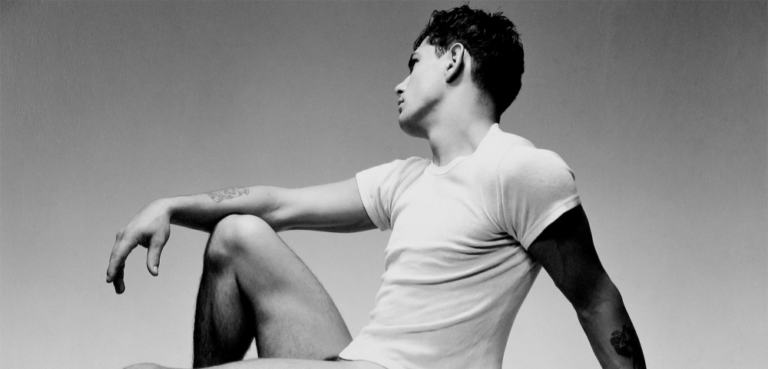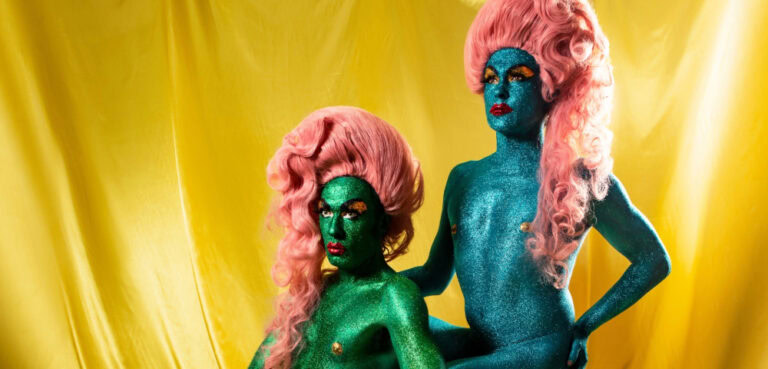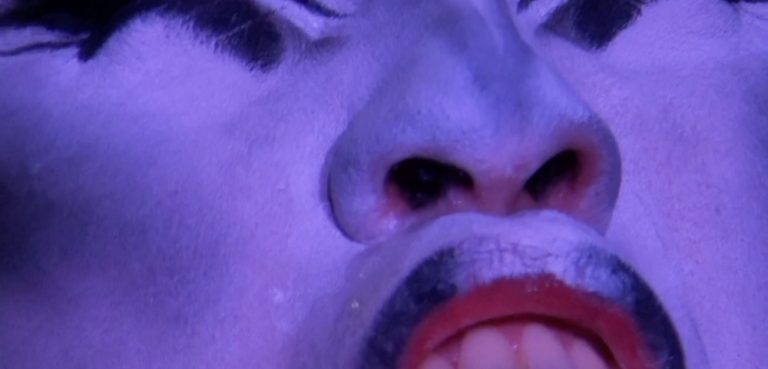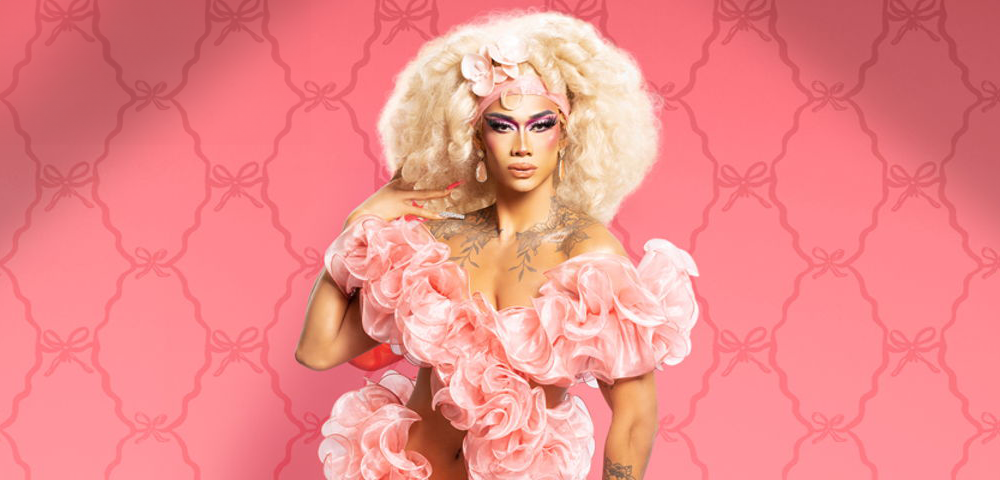
Lesbian social history revealed
The colourful history of Sydney’s lesbian social scene is the subject of a new book by researchers from the Pride History Group.
Rebecca Jennings and Sandra Mackay have been trawling through the history books and talking to women about their experiences on the scene during the 1950s-1980s.
Their early research has revealed that the lesbian scene started to become visible in the 1960s.
Lesbians frequented Ivy Richter’s bar Chez Ivy’s, which opened in 1962, and Dawn O’Donnell and Julia Farmer’s Trolley Car Bar, which opened near Broadway around 1966.
Dances and dinners were also held by a social club known as The Pollynesians or Pollys, at various locations around Sydney.
Karen Brown, who was interviewed by the Pride History Group researchers, remembered being invited to a dance held by the Pollys in 1971 by her hockey mates.
She became a member of the club after discovering that the women were the greatest group of individual people I ever met.
The researchers then interviewed Jan McInnes, who shed light on the lesbian scene during the 1970s.
McInnes recounted how the Clover Business Women’s Club, which started in North Sydney and later moved to Drummoyne, came into being.
Early in 1972, four young women decided to venture out onto the -˜camp scene’ after a birthday dinner, she said.
They chose Capriccios, a nightclub on Oxford Street. The four entered the club nervously but didn’t get too far before the bouncer denied them entry, with the words -˜if you’re straight we don’t want you, if you’re lesbians we don’t want you’.
Politely they asked to see the manager, obviously not the thing to do. The bouncer hit one of them, knocking her over, and pushed another down the stairs. Sitting in an Oxford Street gutter in total shock, Kerry Cox said, -˜We have to open a club for women and women only.’ Clover was born.
Jennings and Mackay have called on more women to help them piece together the history of Sydney’s lesbian scene.
Women will be asked about their history, starting with their childhood and their first exploration of their sexuality, to their experiences on the bar scene and how they met other women.
The lesbian oral history project is conducted on a voluntary basis and funding is sourced through grants and donations.
To get involved in the project, contact Rebecca or Sandra on 9558 9419, or email them at [email protected] or write to Pride History Group, GPO Box 415, Sydney 2001.









